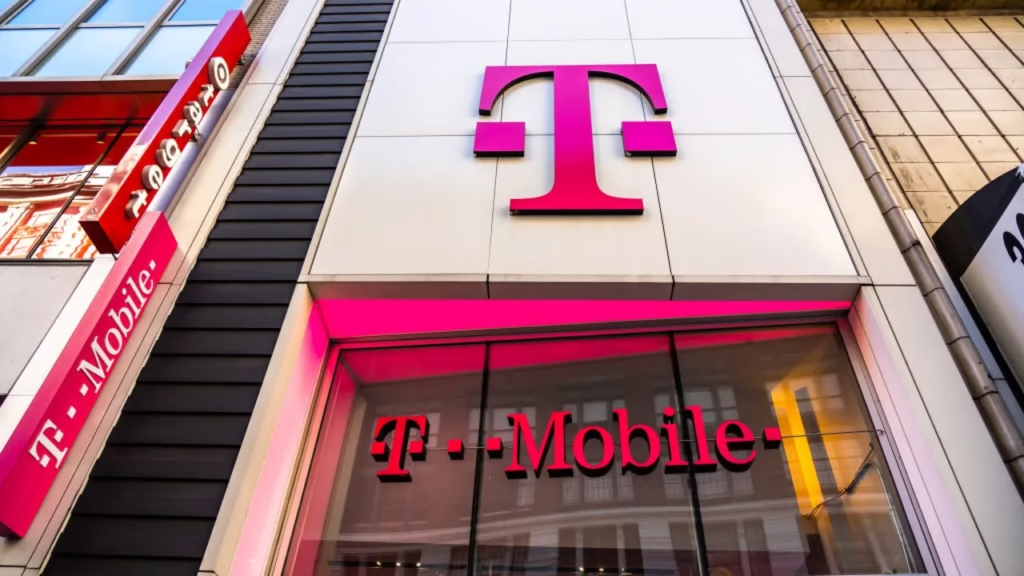
What Happened in the T-Mobile Data Breach?
In August 2021, T-Mobile confirmed a major data breach that exposed the personal information of over 79 million consumers nationwide, including more than 2 million residents in Washington State. The breach, which began in March 2021, went unnoticed for months until an anonymous tip led to the discovery that customer data was being sold on the dark web.
The exposed data included sensitive information such as names, phone numbers, physical addresses, driver’s license numbers, and, for some individuals, Social Security numbers.
Washington Attorney General Sues T-Mobile Over Data Breach
In January 2025, Washington State Attorney General Bob Ferguson filed a lawsuit against T-Mobile, accusing the company of failing to adequately secure customer data. The lawsuit claims that T-Mobile violated the Washington Consumer Protection Act and was negligent in protecting sensitive customer information, leading to the preventable breach.
Ferguson alleges that T-Mobile was aware of security vulnerabilities for years but did not take the necessary actions to fix them. Furthermore, the lawsuit criticizes T-Mobile for misrepresenting its cybersecurity efforts, as the company publicly claimed to prioritize customer data security while using weak credentials and inadequate monitoring systems that left them vulnerable to cyberattacks.
Security Failures Behind the T-Mobile Data Breach
Several key security failures contributed to the data breach, according to the lawsuit:
- Failure to Address Known Vulnerabilities: Despite knowing about weaknesses in its cybersecurity systems for years, T-Mobile allegedly failed to address them, leaving customer data exposed.
- Inadequate Monitoring: The company did not detect the breach until months after it began, and it was only after receiving an anonymous tip about the sale of customer data on the dark web that T-Mobile took action.
- Weak Credentials: The lawsuit points to T-Mobile’s use of easily guessable passwords, which contributed to the hacker gaining unauthorized access to customer data.
- Lack of Rate-Limiting: T-Mobile reportedly lacked security measures, such as rate-limiting, to prevent brute-force attacks, allowing the hacker to easily guess login credentials.
T-Mobile’s Response to the Lawsuit
In response to the lawsuit, T-Mobile expressed surprise, stating that it had been in discussions with the Attorney General’s office for several years regarding the 2021 breach. Although T-Mobile disagrees with the claims made in the lawsuit, they have indicated a willingness to engage in further dialogue and emphasize their recent efforts to improve cybersecurity.
What Relief is Washington State Seeking?
The lawsuit seeks several remedies, including:
- Civil Penalties: Financial penalties for violating the Washington Consumer Protection Act.
- Restitution: Compensation for Washington residents affected by the breach.
- Injunctive Relief: Orders requiring T-Mobile to enhance its cybersecurity practices and increase transparency in its communication with customers about data security.
Compromised Data and How It Affects Consumers
The data breach exposed a wide range of personal information, including:
- Names
- Phone numbers
- Physical addresses
- Driver’s license numbers
- Social Security numbers (for some individuals)
What Can You Do If You Were Affected by the T-Mobile Data Breach?
If you believe you were affected by the breach, it’s crucial to take steps to protect your personal information and mitigate the risks of identity theft and fraud. Here are some recommended actions:
- Monitor Your Credit Reports: Regularly check your credit reports for signs of fraudulent activity.
- Place a Credit Freeze: A credit freeze can prevent new accounts from being opened in your name.
- Stay Alert to Phishing Scams: Be cautious of any unsolicited emails or phone calls asking for your personal information.
- Change Your Passwords: Update passwords for any accounts that may have been affected by the breach.
Conclusion
The T-Mobile data breach serves as a critical reminder of the importance of robust cybersecurity practices. Companies must be proactive in addressing vulnerabilities and ensuring customer data is protected. The lawsuit filed by Washington State Attorney General Bob Ferguson highlights the need for greater transparency and accountability in how companies handle data breaches. The outcome of this lawsuit could set important precedents for data protection laws and corporate responsibility in safeguarding sensitive information.
For more information and to learn how to protect your personal data, visit the Washington Attorney General’s Data Breach Resource Center at atg.wa.gov/data-breach-resource-center.
